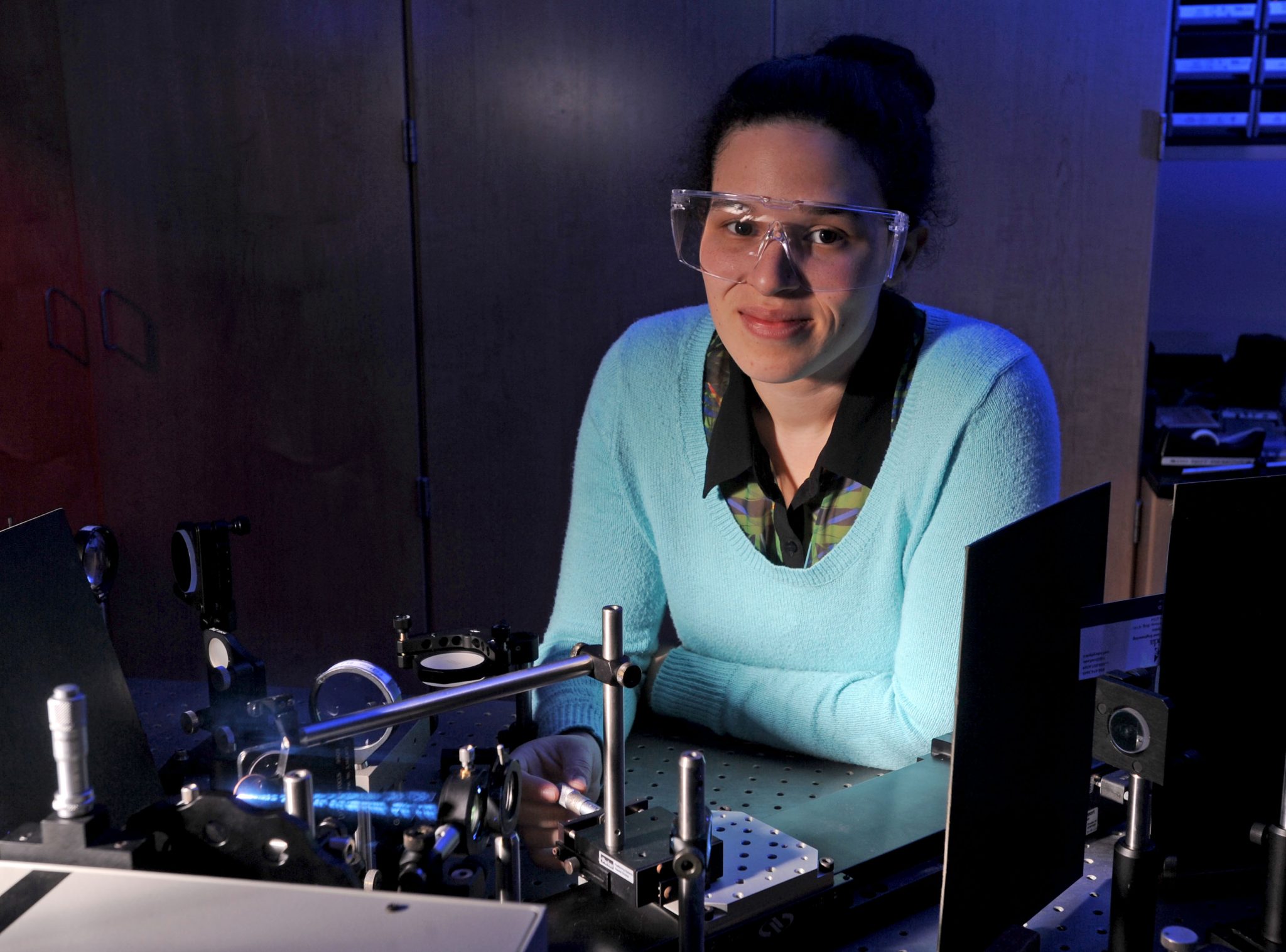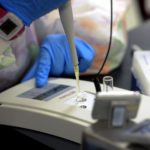UWF student researches ways to improve space mission instruments
Andria Palmer, a senior physics major at UWF, spent her summer at the University of Colorado Boulder’s Laboratory for Atmospheric and Space Physics researching and testing methods to improve the instruments used in space missions.

Andria Palmer, a senior physics major at UWF, spent her summer at the University of Colorado Boulder’s Laboratory for Atmospheric and Space Physics researching and testing methods to improve the instruments used in space missions.
Palmer participated in CU-Boulder’s Summer Multicultural Access to Research Training program, which is facilitated through Summer Research Experience for Undergraduates. Summer REUs provide hands-on immersion in research and an introduction to graduate education at a leading university. Twenty-five students, including Palmer, participated in the summer research experience at CU-Boulder.
“This summer really helped me decide what I want to study in graduate school and what type of research I’d like to pursue,” said Palmer.
Since June 1, Palmer spent her time at the LASP researching, coding and running simulations to find ways to protect space instruments from radiation. Her mentor, Dr. Fran Bragenal, is a co-investigator for NASA’s New Horizons mission which flew by Pluto in mid-July. Palmer hopes that their research will be published and valuable to institutions like NASA, with its mission to Jupiter’s moon Europa set to launch in the 2020s.
“I didn’t think that this project would be something that could benefit something so huge. It was pretty surprising and exciting,” said Palmer.
This year marked Palmer’s second summer participating in an REU program. In summer 2014, she was accepted to study astrophysics at the University of Wisconsin. Upon her return to Pensacola, she worked throughout the school year with UWF physics professor Dr. Lazslo Ujj on laser-induced breakdown spectroscopy.
Palmer was able to enjoy the experience at CU-Boulder with all expenses paid, thanks to the SMART program and the University of West Florida National Institute of Health’s Maximizing Access to Research Careers Scholars Program.
The MARC Scholars Program began in February and allows students to spend more time in the research lab, covers housing expenses and 60 percent of tuition and provides summer stipends for research. It gives students the opportunity to be involved in meaningful ways with internationally known researchers and benefit from one-on-one instruction in specialized fields. In May, Palmer will be a part of the program’s first graduating class from UWF.
“UWF has given me the necessary building blocks to conduct and present research in laser spectroscopy, and the Summer REU programs have given me an invaluable chance to apply what I’ve learned in a graduate setting,” said Palmer.


